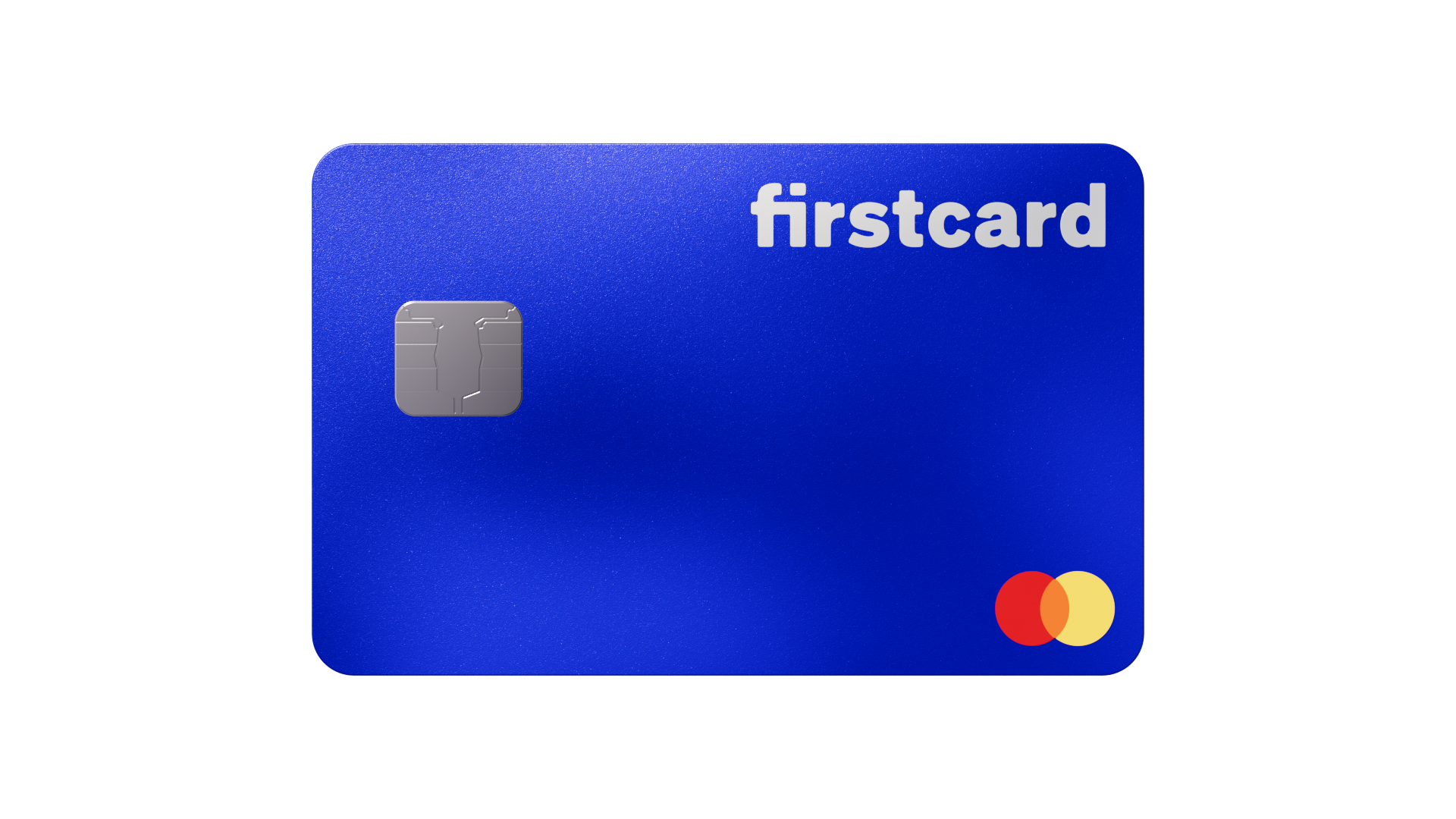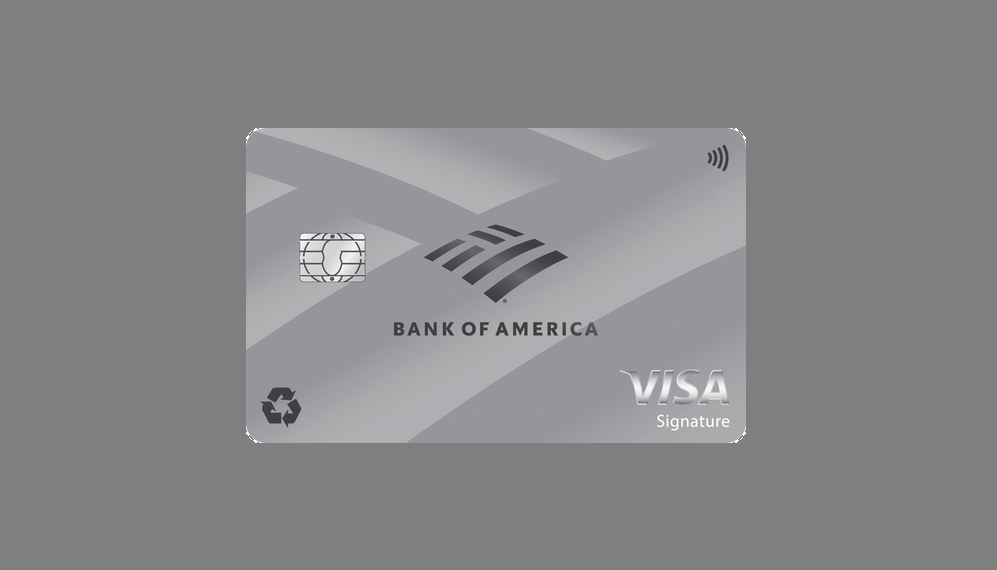The Pros and Cons of Using Credit Cards for Young Adults

Understanding Credit Card Usage Among Young Adults
In today’s fast-paced financial landscape, credit cards have become a staple for many young adults navigating their way toward independence. The allure of receiving instant gratification while simultaneously building financial credibility often leads young consumers to embrace credit cards. With enticing offers like cashback, travel rewards, and introductory 0% APR on purchases, it becomes clear why these plastic cards are frequently viewed as convenient financial tools. However, the reality of credit card usage comes with its own set of challenges that can greatly impact one’s financial health.
Many young adults find themselves at a crossroads, weighing the benefits against the drawbacks. Here are some key points to consider:
- Benefits: Credit cards can significantly aid in building a strong credit history, which is crucial for future financial endeavors such as approval for loans or mortgages. For instance, regularly using a credit card responsibly—by making purchases and paying off the balance in full each month—can boost your credit score over time. Additionally, credit cards often come with rewards programs that can save you money on travel, shopping, or even cash back on everyday purchases. They also serve as a reliable source of emergency funds in unforeseen situations, allowing access to funds when immediate financial needs arise.
- Drawbacks: However, many young adults fall into the trap of poor credit card management, which can lead to overwhelming debt. High-interest rates can turn a seemingly harmless purchase into a financial burden if balances are carried month to month. According to a 2022 study by Experian, nearly 60% of young adults in the U.S. reported having credit card debt, with average balances nearing $2,500. This burden can severely damage credit scores, making it more difficult to secure favorable terms on future loans or credit applications.
Understanding both sides of this financial tool is essential for making informed decisions. The right credit card strategy can pave the way for a bright financial future, while misuse can hinder financial stability. For many, this means setting clearly defined spending limits, tracking expenses meticulously, and making timely payments to avoid interest charges.
As young adults embark on their financial journeys, tapping into the advantages and recognizing the risks of credit cards can make all the difference. It becomes imperative not only to choose the right credit card based on individual needs but also to cultivate healthy habits surrounding credit usage. In the following sections, we will delve deeper into the specifics of effective credit card management, equipping you with the knowledge necessary to navigate this potent yet potentially perilous financial tool effectively.
DISCOVER MORE: Click here to learn effective home skincare methods
The Benefits of Embracing Credit Cards
Credit cards offer young adults a multitude of benefits that can enhance their financial experiences when used wisely. Understanding these advantages can empower new cardholders to harness the potential of credit in ways that support their lifestyle and financial goals.
- Building Credit History: One of the most important benefits of using a credit card is the opportunity to build a strong credit history. A good credit score is crucial when it comes to securing loans for significant purchases like a car or home. Many financial experts agree that having a credit card and using it responsibly is one of the easiest ways to establish and grow your credit profile. Regular and timely payments can lead to an improved credit score, which opens the door to lower interest rates and better loan terms.
- Rewards and Benefits: Credit cards often come with attractive rewards programs. From cashback on everyday purchases to travel rewards that can lead to free flights or hotel stays, these incentives can encourage young adults to use their cards more strategically. In fact, credit card issuers often sweeten the deal with bonus offers, like earning $200 after spending a specific amount within the first few months. Such programs not only incentivize responsible spending but can also lead to substantial savings over time.
- Emergency Fund Availability: Throughout young adulthood, unexpected expenses frequently arise, whether it’s a car repair or a medical emergency. Credit cards can act as a safety net in these situations, providing immediate access to funds when cash isn’t readily available. This flexibility can mitigate financial stress and allow young adults to manage unforeseen circumstances without derailing their budget.
The Challenges of Credit Card Debt
While the benefits of credit card usage are undeniable, young adults must also navigate the inherent challenges that come with the territory. Awareness of these potential pitfalls is essential to maintain financial health and avoid debt accumulation.
- High-Interest Rates: One of the most significant drawbacks of credit cards is the high interest rates attached to unpaid balances. According to reports from the Federal Reserve, the average credit card interest rate can exceed 16% and sometimes even reach 25% or more for those with lower credit scores. Carrying a balance from month to month can quickly escalate the amount owed, making it increasingly harder to pay off the principal.
- Overspending Temptation: The convenience of credit cards can sometimes lead to overspending. Young adults may feel empowered to purchase items they can’t afford, thinking they can cover the cost later. This mindset can create a detrimental cycle of debt, with stacking interest further complicating repayment. A recent survey found that 20% of young adults admit to using credit cards for lifestyle purchases that exceed their budgets.
- Long-Term Financial Goals: Falling into the trap of credit card debt can impede the ability to reach long-term financial goals, such as saving for a house, investing in education, or planning for retirement. The psychological stress associated with debt can also affect personal well-being and emotional health. Families and friends often notice the strain, and it can affect social dynamics as well.
Ultimately, young adults need to weigh these benefits and challenges carefully. By equipping themselves with knowledge and adopting sound financial practices, they can use credit cards effectively while avoiding common pitfalls. In the following sections, we will dive deeper into practical strategies for mastering credit card usage, ensuring financial stability and growth in the years to come.
DISCOVER MORE: Click here to find essential beauty products
Making Informed Decisions About Credit Cards
As young adults navigate the world of credit cards, it is crucial to focus on informed decision-making to maximize the benefits while minimizing potential downsides. By understanding the psychological aspects of credit card use and incorporating practical financial strategies, they can foster healthier credit habits.
- Understanding Credit Utilization: Credit utilization is a vital factor that contributes to credit scores. This metric refers to the amount of credit being used compared to the total available credit limit. Financial experts recommend maintaining a utilization rate below 30%. For young adults, this means being judicious about how much of their credit limit they use, avoiding maxing out cards. This approach not only bolsters one’s credit score but also creates a cushion that can be very useful during emergencies.
- The Importance of Tracking Expenses: Young adults can benefit significantly from diligently tracking their spending habits. Using budgeting tools or mobile apps can provide insight into where money is going, helping them stay within their means. Research shows that individuals who track their expenses are generally more successful in achieving their financial goals, including saving and debt repayment. Understanding spending patterns allows young adults to adjust their habits accordingly and wield credit cards as a responsible financial tool rather than a reckless expense account.
- Education on Financial Literacy: Gaining knowledge about the intricacies of credit is essential for young adults exploring credit card options. Many universities now offer workshops on financial literacy. Additionally, resources such as the National Endowment for Financial Education (NEFE) provide free materials designed to enlighten users about important topics like interest rates, credit scores, and debt management. This education not only instills confidence but also fosters a culture of informed borrowing among young adults.
- Choosing the Right Credit Card: With an array of credit card options available, selecting the right one can be a game-changer. Young adults should research various offerings, noting factors such as annual fees, reward structures, and interest rates to find what aligns with their financial lifestyle. For instance, students might consider cards that cater specifically to them, often with lower fees and friendly credit terms. Additionally, some credit cards offer a feature called “set spending limits,” allowing users to avoid biting off more than they can chew while building credit.
- The Psychological Impact of Debt: Effectively managing credit cards also involves understanding their psychological implications. Credit card debt can lead to what’s commonly referred to as “debt anxiety,” which occurs when individuals feel overwhelmed by their financial obligations. This mental strain can be detrimental to overall well-being. Young adults should be proactive in addressing this aspect by cultivating a positive financial mindset and seeking support groups or discussions that promote financial wellness and debt management strategies.
By gaining insights into responsible credit card usage and implementing sound financial habits, young adults can create a dynamic balance between enjoying the benefits of credit while effectively managing the associated risks. This informed approach equips them to make choices that not only enhance their financial health but also pave the way for future opportunities, financially and beyond.
DISCOVER MORE: Click here for tips on healthy hair
Conclusion: Weighing the Balance of Credit Card Use
In conclusion, navigating the landscape of credit cards can be both an empowering and daunting experience for young adults. The pros, including the ability to build a strong credit history, access to rewards, and increased financial flexibility, offer significant advantages when utilized wisely. However, these benefits come with potential pitfalls, such as the risk of accruing debt, high-interest rates, and the emotional toll of financial mismanagement.
As highlighted, making informed decisions is crucial to leveraging the positive aspects of credit cards while effectively mitigating their drawbacks. Young adults must prioritize financial literacy and actively engage in tracking their expenses to uphold healthy spending habits. Seeking resources, such as workshops and online courses, can enhance their understanding of credit mechanics, empowering them to make choices that align with their long-term financial goals.
Moreover, the selection of the right credit card tailored to individual needs can significantly influence one’s experience—choosing those with suitable terms, lower fees, and manageable interest rates is a strategic move in forming a sound financial foundation. Acknowledging the psychological aspects of debt also plays a pivotal role; developing a positive mindset and sound coping strategies can ease the anxieties associated with credit obligations.
Ultimately, as young adults embark on their financial journeys, embracing a proactive approach to credit card use can transform what may seem like a burdensome tool into a powerful asset. By maintaining a balance between enjoyment and responsibility, they can pave the way towards a secure financial future enriched with opportunities. For those willing to invest time in understanding both the pros and cons, the rewards can be immense, fostering a pathway toward lasting financial wellness.


